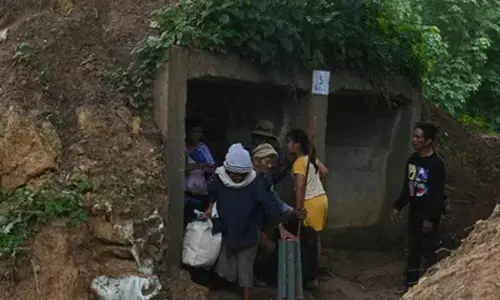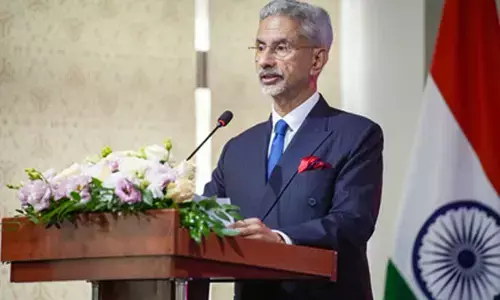The importance of life skills development for students

The Future of Jobs Report by the World Economic Forum states that by 2025, 50 per cent of all employees will need reskilling, making adaptability an essential skill for the workforce
According to the Rig Veda, ‘when there is harmony between the mind, heart, and resolution, then nothing is impossible.’ Life skills are those skills that equip individuals in dealing with any adversities of life. According to the World Health Organization (WHO), Life skills are, a ‘ group of psychosocial competencies and interpersonal skills that help people make informed decisions, solve problems, think critically and creatively, communicate effectively, build healthy relationships, empathize with others, and cope with and manage their lives in a healthy and responsible manner.’
The top ten areas listed by the WHO for every student’s life-long development are self- awareness, problem-solving, critical thinking, effective communication skills, decision-making, creative thinking, interpersonal relationship skills, empathy, and coping with stress and emotions which are broadly grouped into thinking skills, emotional skills, social skills and well- being.
Life skills for students
The need for life skills was highlighted back in 1997 by the WHO, making it necessary to equip oneself in order to deal with day-to-day challenges. The period of Adolescence is often referred to as a period of stress and storm. In a world where students are experiencing cutthroat academic competition, it is imperative to pay attention to one’s physical, emotional, social, and overall psychological well-being. In today’s ever-evolving world, one can observe a drastic shift from traditional academic success to the overall development of a child.
Academic institutions and families today try to incorporate skill building in areas like critical thinking, abstract thinking, problem-solving as well and decision-making, among many others, along with conventional academic subjects like mathematics, science and technology, literature, social sciences, computers, etc. With an enhanced focus on extracurricular activities and change in pedagogy, the students are expected to showcase their ability to speak confidently in public, show collaboration and effective leadership, think on their feet, adapt to change as well as empathize with peers.
Integrating life skills in curriculum
The Indian education system saw a shift towards the importance of life skills in 2003 when it was introduced in the CBSE curriculum of the academic year 2003 -2004. Educational institutes are expected to execute life skills development activities by conducting regular workshops, seminars, and projects and encourage undertaking psychometric tests. Additional methods that can be incorporated include introducing a variety of extracurricular activities such as public speaking, for instance, MUNs & debates, summer schools, competitions and Olympiads, research, etc. while keeping in mind the student’s interest, personality, and aptitude. In addition, it’s important to encourage acquiring other life skills such as money management, using public service and transportation, personal hygiene and safety, household chores including cooking and laundry, and independent traveling.
However, the success of such initiatives depends on various parameters such as continuous training of teachers and faculty, consistency in life skills development, regular checkpoints for progress evaluation, and intervention wherever/whenever required.
(The author is Assistant Manager-Life Skills Activities, eduVelocity Global)












